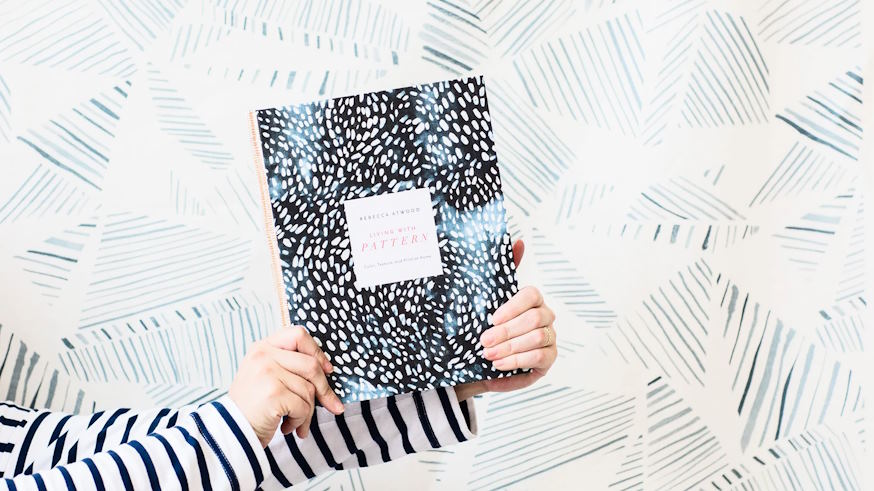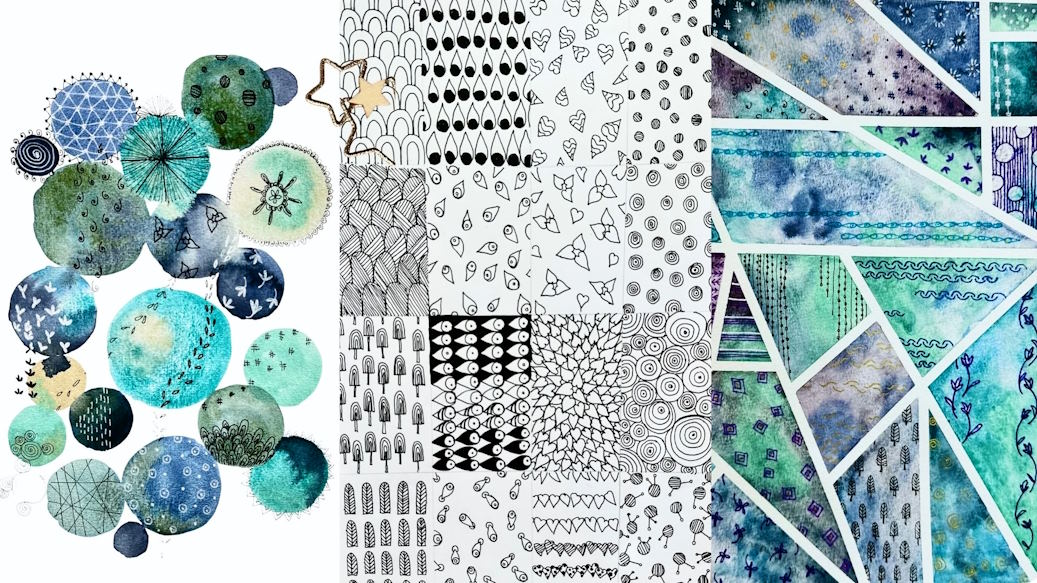In the world of interior design, the artful fusion of patterns and textures serves as an enchanting gateway to creating spaces that are not only visually captivating but also deeply expressive. For beginners, however, navigating the vast realm of design elements can be overwhelming.
Creating a Harmonious Palette
The Importance of a Cohesive Color Scheme:
In the intricate dance of patterns and textures, the role of a cohesive color scheme cannot be overstated. A well-thought-out palette acts as the unifying thread, tying together disparate elements into a visually pleasing whole. The colors you choose set the tone for the entire space, influencing mood and atmosphere. When mixing patterns and textures, a harmonious color scheme ensures that the diverse elements coexist in a seamless symphony, creating an aesthetically pleasing and comfortable environment. Whether you opt for a monochromatic scheme or a complementary blend of hues, the colors you choose will dictate the overall impact of your design.
Choosing a Base Color and Accent Colors:
 At the heart of a successful palette lies the strategic selection of a base color, the foundational hue that sets the backdrop for your design. This base color provides stability and serves as a canvas for the vibrant interplay of patterns and textures. Complementing this base are accent colors—splashes of vibrancy that add depth and interest. Carefully chosen accent colors can be infused into accessories, furnishings, or even accent walls, injecting personality and dimension into the design without overwhelming the senses.
At the heart of a successful palette lies the strategic selection of a base color, the foundational hue that sets the backdrop for your design. This base color provides stability and serves as a canvas for the vibrant interplay of patterns and textures. Complementing this base are accent colors—splashes of vibrancy that add depth and interest. Carefully chosen accent colors can be infused into accessories, furnishings, or even accent walls, injecting personality and dimension into the design without overwhelming the senses.
Guidelines for Mixing Patterns
Rule of Three: Introducing Variety Without Overwhelming:
The Rule of Three emerges as a guiding principle in the delicate art of pattern mixing. Rather than inundating a space with a myriad of patterns, opt for a trio of distinct patterns to strike a harmonious balance. This approach introduces variety without overwhelming the visual senses. Select one dominant pattern as the focal point, accompanied by two supporting patterns that complement and enhance without competing for attention. This rule acts as a compass, steering you towards a thoughtful amalgamation of patterns that creates interest without turning your space into a dizzying tapestry.
Scale and Proportion: Ensuring Patterns Complement Each Other in Size:
In the intricate dance of patterns, paying attention to scale and proportion is paramount. Ensure that the patterns you choose complement each other in size to maintain visual equilibrium. Mix larger, bolder patterns with smaller, subtler ones to create a dynamic interplay. This ensures that one pattern doesn’t overshadow the rest, fostering a cohesive and visually engaging aesthetic. By harmonizing the proportions of your chosen patterns, you infuse a sense of order and rhythm into the design, elevating your space from a mere collection of patterns to a curated masterpiece.

Practical Tips for Beginners
Start Small: Experimenting with Throw Pillows, Rugs, or Small Decor Items:
Embarking on the journey of mixing patterns and textures can be exhilarating, but for beginners, it’s wise to start small. Begin your design exploration by experimenting with throw pillows, rugs, or small decor items. These elements serve as low-commitment, high-impact introductions to the world of pattern and texture. Swap out pillows with different patterns or layer a textured rug over a solid floor for an immediate visual transformation. Starting small allows you to test your preferences and build confidence in your design choices before diving into larger commitments.
Mood Boards: Creating Visual Guides to Plan Pattern and Texture Combinations:
Mood boards are invaluable tools for translating your design ideas into a visual roadmap. Gather samples of fabrics, images, and color swatches to create a mood board that encapsulates your desired aesthetic. This not only helps you conceptualize your vision but also allows you to experiment with different pattern and texture combinations before implementing them in your space. A well-crafted mood board serves as a guiding compass, ensuring that your final design reflects the cohesive and harmonious look you envisioned.
